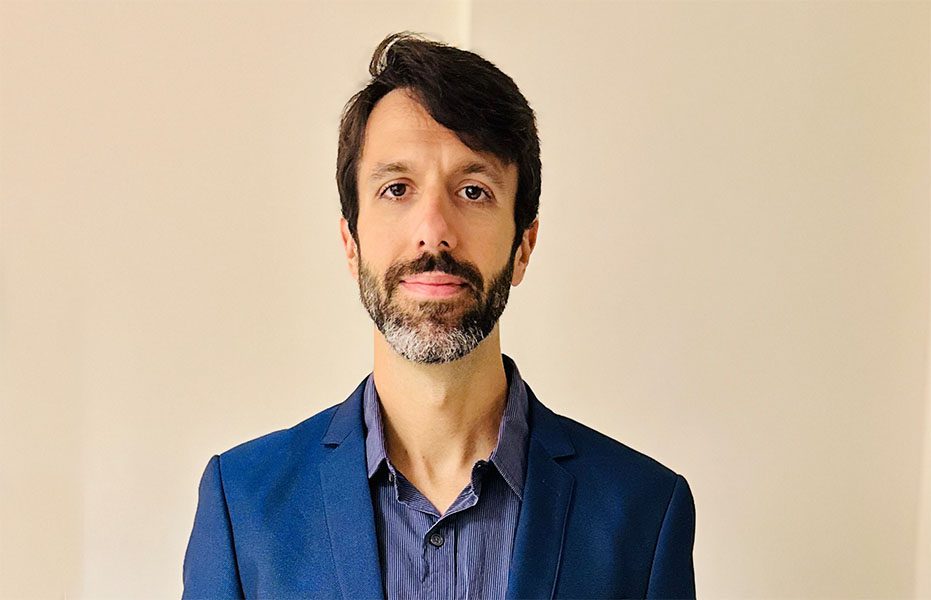As the United States pushes forward with climate and infrastructure modernization goals, the need to reduce building-related emissions and improve indoor environmental quality has become an urgent national priority. Yet, much of the existing commercial and institutional building stock remains ill-equipped to meet evolving standards for sustainability, comfort, and operational efficiency. A major contributor to this gap lies in the underperformance of HVAC systems, which are often outdated, inefficient, and poorly aligned with the demands of post-pandemic health expectations and environmental benchmarks.
Preparing to enter this space is CoolCrafters Solutions LLC, a new Florida-based HVAC consultancy that will specialize in guiding clients through the complexities of performance optimization, indoor air quality, and retrofit planning. With a strong focus on non-invasive technical analysis and energy modeling, the company will offer solutions to some of the most overlooked inefficiencies in medium and large buildings, including schools, hospitals, office campuses, and public-sector facilities. Rather than replace equipment outright, the firm will help stakeholders extract greater value from existing systems through smarter planning and diagnostics.
At the heart of this new venture is engineer Arthur Werneck, a seasoned HVAC specialist who spent more than 15 years in Brazil designing and optimizing climate control systems for mission-critical environments. His portfolio includes work on venues for the Rio 2016 Olympics, the Maracanã Stadium retrofit, and several large-scale hospitals and cultural institutions. Trained in both traditional engineering and modern sustainability frameworks, Werneck has developed a reputation for combining technical rigor with an acute understanding of real-world operating conditions.
“Increasingly, building performance isn’t just about energy use—it’s about health, comfort, and how systems respond under stress,” says Werneck. “We’re aiming to provide the type of analysis that allows institutions to make decisions that are both environmentally sound and operationally resilient.”
The timing is significant. According to the U.S. Environmental Protection Agency, Americans spend approximately 90% of their time indoors, and indoor air can be up to five times more polluted than outdoor air. Meanwhile, a 2023 report from the U.S. Department of Energy estimated that around 30% of HVAC energy use in commercial buildings is wasted due to improper design, installation, or maintenance. These inefficiencies not only increase operating costs but also contribute to a significant portion of national greenhouse gas emissions—up to 15% globally, with HVAC systems among the top contributors.
To help address these issues, CoolCrafters Solutions will be designed to support clients navigating these exact pain points. Its services will include energy modeling, thermal load analysis, indoor air quality assessments, and training programs for in-house technical teams. Werneck maintains that what sets the firm apart is its exclusive focus on pre-construction consulting and performance diagnostics—eschewing installation or equipment sales in favor of remaining a fully independent technical partner. This allows it to provide unbiased advice, especially important in a field where engineering insight is often bundled with vendor-driven solutions.
Public health outcomes also factor into the firm’s approach. Post-pandemic research has highlighted the link between ventilation, air quality, and cognitive function—particularly in schools, workplaces, and healthcare facilities. Using frameworks such as ASHRAE Standard 62.1 and WELL Building principles, CoolCrafters plans to help clients implement changes that improve both system efficiency and occupant wellness. In critical spaces like hospitals and data centers, the firm will offer technical support to ensure that humidity control, air flow, and filtration systems perform at the required level of precision.
Beyond direct consulting, the company intends to engage in workforce development efforts. The mechanical systems industry is currently facing a severe talent shortage, with the average HVAC technician age nearing retirement and vocational program enrollment declining. CoolCrafters will respond by developing training content tailored to building managers and technical staff—delivering knowledge that can reduce operational risks and lower reliance on a shrinking external labor pool.
Although its operations will begin in Miami, the firm is being structured for national relevance. By aligning its methods with federal climate policies and building performance goals, including those outlined in the National Climate Strategy and the Inflation Reduction Act, CoolCrafters aims to support not just individual buildings, but broader institutional transitions toward sustainable operations. Its tools and techniques are modeled on scalable, standards-based frameworks that can be applied across states and sectors.
For Werneck, the U.S. represents not only a new market, but also a new chapter in a career defined by solving complex engineering problems with long-term vision. His move to Florida follows years of applying his skills in large-scale Brazilian projects where stakes were high and precision was critical. With CoolCrafters Solutions, Werneck plans to offer the same level of technical insight to American institutions navigating a rapidly changing built environment.
“HVAC performance affects everything from energy policy to public health,” Werneck explains. “By focusing on consulting, simulation, and workforce support, we hope to drive meaningful improvements in how buildings operate and how people live and work inside them.”
As pressure mounts to reduce emissions, improve building resilience, and promote occupant well-being, firms like CoolCrafters are poised to play a crucial advisory role. With its emphasis on independence, expertise, and long-term value, the company is positioned to support U.S. infrastructure as it evolves to meet the challenges of a more sustainable future.

































